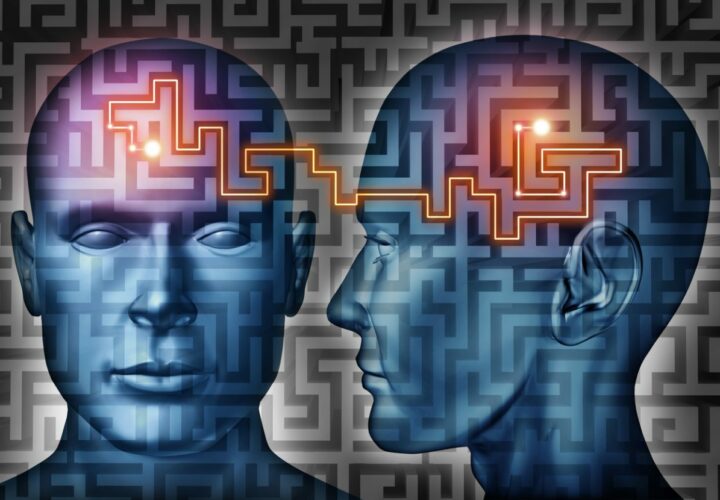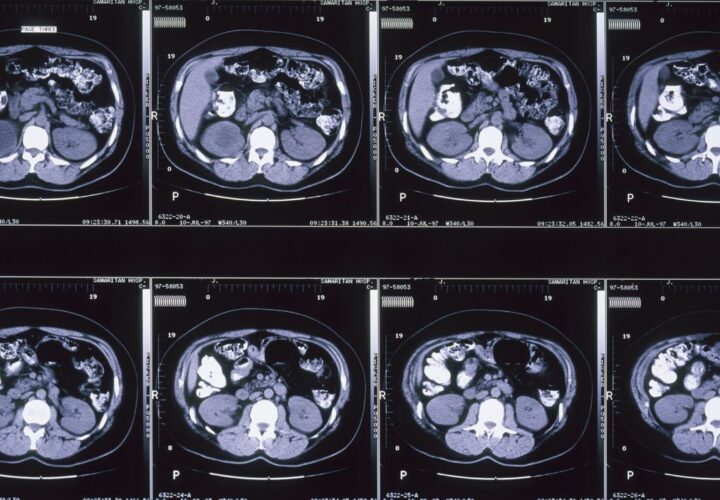Memory loss is inescapable as we age. Everyone will experience some difference in the way they remember things from when they were younger. The good news: Scientists say brain training can help ward against memory loss. The caveat: It only works when it’s specifically tailored to an individual’s problems with memory, according to a new study published by Baycrest Health Sciences in Canada.
Memory training is nothing new. Scientists have long studied how we might be able to nudge our memory by using tricks, like word association for remembering names, that exercise certain areas of the brain. Different studies have found variations in how effective memory training is over the long-term but, for the most part, memory training seems to help people recall facts for a longer period of time—up to six months after the training took place as measured in some studies. This study focused on training memory recall. The approach, explains lead author Nicole Anderson, senior scientist at Baycrest’s Rotman Research Institute and associate professor of psychiatry and psychology at the University of Toronto, aims to strengthen the way the brain pulls up information in any situation.
“One approach to memory intervention is to try and train underlying memory processes so individuals will see improvements in situations that require this mechanism,” said Anderson. “Our study focused on training one memory process, recollection, which typically deteriorates during aging. This process is what allows us to mentally time travel and re-experience past events in our mind with great detail.”
Scientists trained adults between the ages of 64 and 87 and compared them to young adults. After a nine-day training program, the participants showed massive improvements compared to their baseline test, matching the recall ability of people in their 20s. Even when the older participants were tested three months later, those improvements remained.
However, the participants didn’t see a transfer of these skills to their everyday lives. No one reported having a better memory when it came to day-to-day living.
Researchers hypothesized that this might be because different types of memory recall require different methods of training—sort of like training different muscle groups.
“These results reset what researchers understand about this memory process,” said Anderson. “For a long time, memory researchers viewed recollection as a single mechanism, but our work suggests that this is not the case. Instead, it implies there may be many different types of recollection for different contexts connected to a memory, such as feelings felt at the time, the sounds in the area or what a person sees at the time.”
In the future, researchers hope to learn more about how the brain organizes memory in order to develop training programs that could translate to improving overall recall and brain health.
This study was published in the journal Psychology and Aging.



